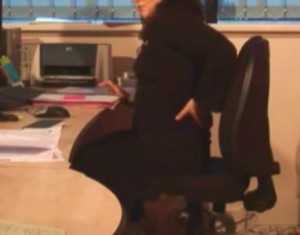 In 2014, the leading cause of sickness absence and production loss in the UK were musculoskeletal disorders (MSDs). Self-management, however, is providing relief for workers who need to continue to work.
In 2014, the leading cause of sickness absence and production loss in the UK were musculoskeletal disorders (MSDs). Self-management, however, is providing relief for workers who need to continue to work.
MSD: A Growing Problem
According to a report published at a summit in 2013 from the Fit for Work Europe Coalition, over 35 million days are being lost to sickness absence in the UK each year, as with the other member states of the European Union (EU). Come 2030, it warns that 50 per cent of the population of the member states will be diagnosed with MSD.
The 2013 report further states that over 44 million across the EU have a work-related illness such as back pain and strains of the arms, shoulders and neck. As a result, up to €240 billion annually in sickness absence and production loss is forfeited.
With these statistics, the Fit for Work Europe Coalition is insisting the member states should concentrate on the growing problem and coordinate action between government departments, businesses and clinicians to confront the predicament. At present, the soundest solution for workers suffering from MSDs is to self-manage their illnesses.
Self-Management
According to the Self-Management of Musculoskeletal Disorders and Employment report of The Work Foundation, self- management is an individual’s aptitude to manage the indications and treatment, along with the physical, psychological and social consequences of living with a chronic disease. It provides a better understanding of and control over an individual’s condition, along with the tools that can ensure others will be able to understand and accommodate their illness.
Nevertheless, government departments, businesses and clinicians should coordinate in advocating self-management amongst affected workers. After all, employers have a responsibility to provide the necessary safety and protective equipment, as personal injury solicitors would say. These legal professionals note that persons who suffered work-related illnesses should file a claim within three years of finding out they had the condition.